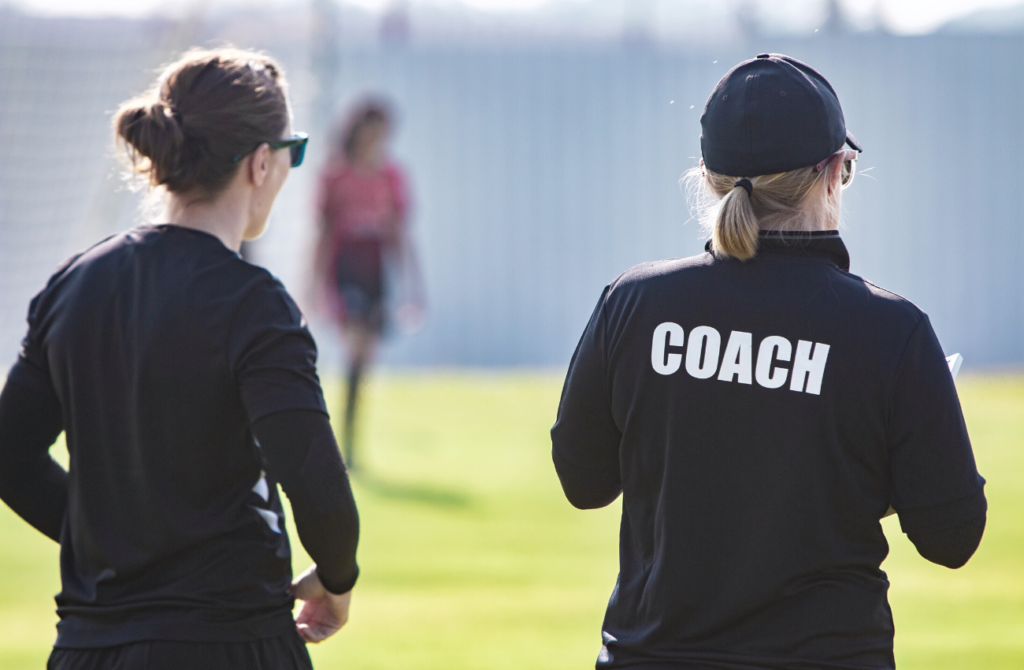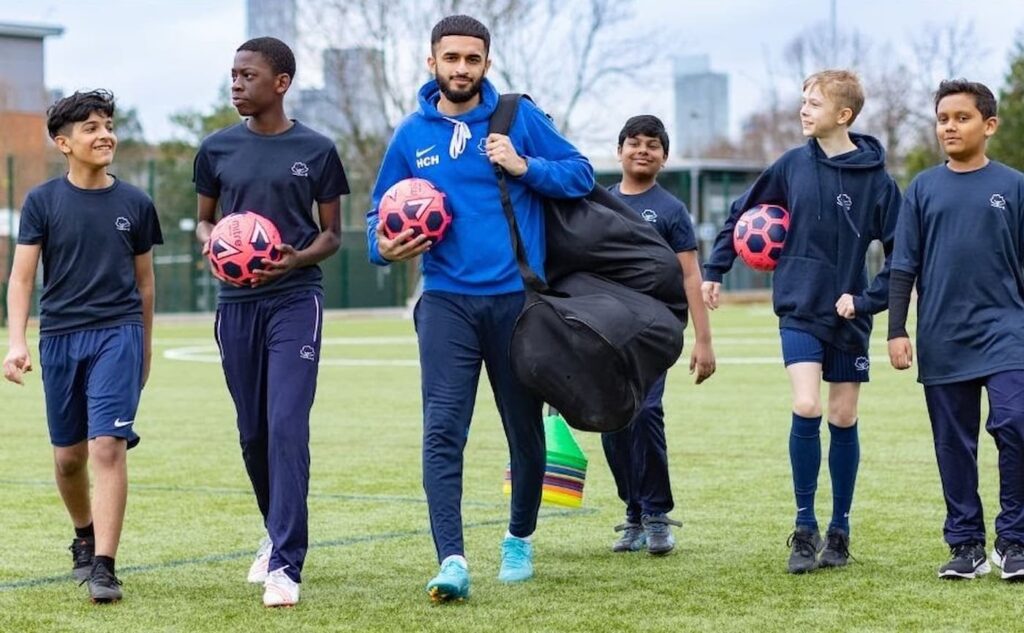Coaching is not just about teaching players how to play a game. It’s about helping them grow, both on and off the field. If you want to be a great coach, you need to learn certain strategies that help players improve their skills, work well in a team, and stay strong mentally during tough situations.
1. Building a Positive Coaching Environment
The first thing you need as a coach is to create a positive environment. Players need to feel safe and supported. When players trust their coach, they are more likely to try new things and improve. Building trust is key. You should always listen to your players and show them respect.
Additionally, positive reinforcement is important. Praise your players for their hard work and effort. This makes them feel proud of their progress and motivates them to keep going.
2. Setting Clear and Achievable Goals
One of the best ways to help players stay focused is by setting SMART goals. SMART stands for Specific, Measurable, Achievable, Relevant, and Time-bound. These goals give players something clear to aim for. For example, instead of saying “Get better at passing,” say, “Improve your passing accuracy by 20% in the next two weeks.”
3. Active Listening and Communication
To be a good coach, you need to listen to your players. When a player talks to you, pay full attention to what they are saying. Active listening shows that you care about their opinions and ideas. It builds a strong relationship between you and your players.
You should also ask powerful questions. These are questions that make players think about what they can do better. For example, “What do you think went well during the game?” or “How can you improve your performance next time?” This helps players learn from their own experiences.

4. Developing Technical Skills and Game Intelligence
As a coach, you should help players improve their skills. This can be done through skill-building drills. It’s important to make these drills fun and challenging. Use drills that repeat key skills, like dribbling, passing, or shooting. Repetition helps players build muscle memory, so they do things correctly without thinking.
Another important skill to teach is game intelligence. Players need to know how to read the game, understand their position, and make quick decisions. Show them how to recognize patterns in the game, like where the ball will likely go. This will help them react faster and make smarter moves.
5. Fostering Teamwork and Collaboration
Great coaches know that a team is only as strong as its members. That’s why it’s important to focus on teamwork. Encourage players to communicate with each other and help each other out. For example, set up games or drills where players have to work together to win.
Handling conflicts is also part of teamwork. Sometimes, players may disagree. As a coach, teach them how to resolve issues in a friendly and respectful way. Teach them that disagreements are normal but should be handled with understanding.
6. Adaptability in Coaching
Every player is different, and every game is different. As a coach, you need to be flexible. If a certain strategy is not working, change it. If a player needs extra help, give it to them. Adjust your coaching based on what is happening in the game and with the players.
Always be ready to adapt to new situations. For example, if your team is playing against a tough opponent, adjust your tactics to handle the challenge. Being adaptable makes you a better coach and helps players succeed.
7. Mental Skills and Sports Psychology
Sometimes, players need help with their mental game. For example, they might feel nervous before a big match. You can help them by teaching them mental skills like relaxation and focus. You can also encourage them to work with a sports psychologist. These professionals can help players improve their mindset and mental performance.

8. Motivation
Players need to feel motivated. One way to do this is by recognizing their achievements. Whether big or small, praise your players. For example, “Great job improving your passing accuracy!” This makes players feel proud and motivates them to keep working hard.
Conclusion
Coaching is more than just teaching the game. It’s about helping players grow, become better teammates, and stay strong mentally. By following the coaching techniques we’ve discussed, you can create a positive environment, set clear goals, and motivate your players to reach their full potential. Always remember that learning is key for both coaches and players. Keep growing and enjoy the journey!
Thank you for reading, click the link to read more of our Career Articles
Inside Success presents to you our digital platform, created to inform, inspire and empower 16-35s. Through our articles, we aim to bring bold ideas, fresh voices and real conservations to life. From mental health advice, to career information, and fashion tips to social issue debates, Inside Success is proud to have created a platform that has something to cater to everyone.




Leave a Reply
You must be logged in to post a comment.